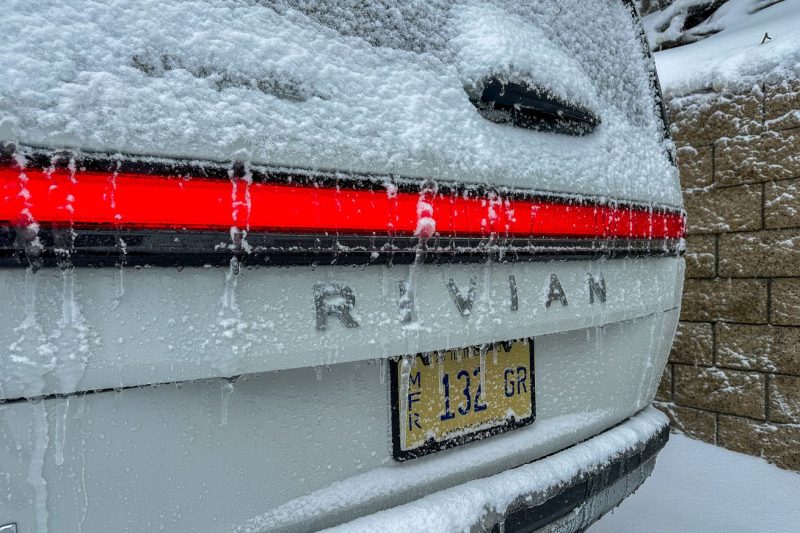In a surprising turn of events, Rivian, the renowned electric vehicle manufacturer, has recently announced that it will be producing fewer electric vehicles this year than it did in 2023. This revelation has generated considerable speculation and discussion within the automotive industry and among consumers who have been eagerly awaiting Rivian’s next moves.
Rivian, which has gained a reputation for its innovative electric vehicles such as the R1T pickup truck and the R1S SUV, had initially projected an increase in production for the current year. However, the company cited various challenges and constraints that have led to the revision of its production targets.
One of the key factors behind Rivian’s decision to reduce its vehicle output is the global semiconductor shortage that has been plaguing the automotive industry. Semiconductors are essential components in modern vehicles, controlling everything from engine performance to infotainment systems. The shortage of these critical components has severely hampered the production capacities of numerous automakers worldwide, forcing many to scale back their output.
In addition to the semiconductor shortage, Rivian also highlighted logistical challenges and disruptions in its supply chain as contributing factors to its revised production forecast. The complex network of suppliers and transportation routes that support the manufacturing process has been impacted by various external factors, including the ongoing effects of the COVID-19 pandemic and geopolitical uncertainties.
Despite the reduction in its production targets for this year, Rivian remains optimistic about its future prospects and its ability to overcome the current challenges. The company has emphasized its commitment to delivering high-quality electric vehicles to its customers and maintaining its position as a leader in the industry.
Furthermore, Rivian’s decision to adjust its production plans may also reflect a strategic approach to ensure sustainable growth and operational efficiency. By carefully managing its output in response to external factors, Rivian aims to protect its long-term interests and maintain its reputation for excellence in innovation and sustainability.
As the automotive industry continues to evolve rapidly in the era of electric and autonomous vehicles, companies like Rivian are navigating a complex landscape filled with both opportunities and obstacles. The challenges faced by Rivian in adjusting its production targets underscore the intricate balance that automakers must strike between ambitious growth ambitions and the realities of a dynamic and interconnected global market.
In conclusion, Rivian’s announcement of reduced production targets for this year highlights the multifaceted nature of the challenges confronting the automotive industry. While the company may face setbacks in the short term, its resilience, adaptability, and commitment to innovation position it well for sustained success in the rapidly evolving world of electric vehicles.

